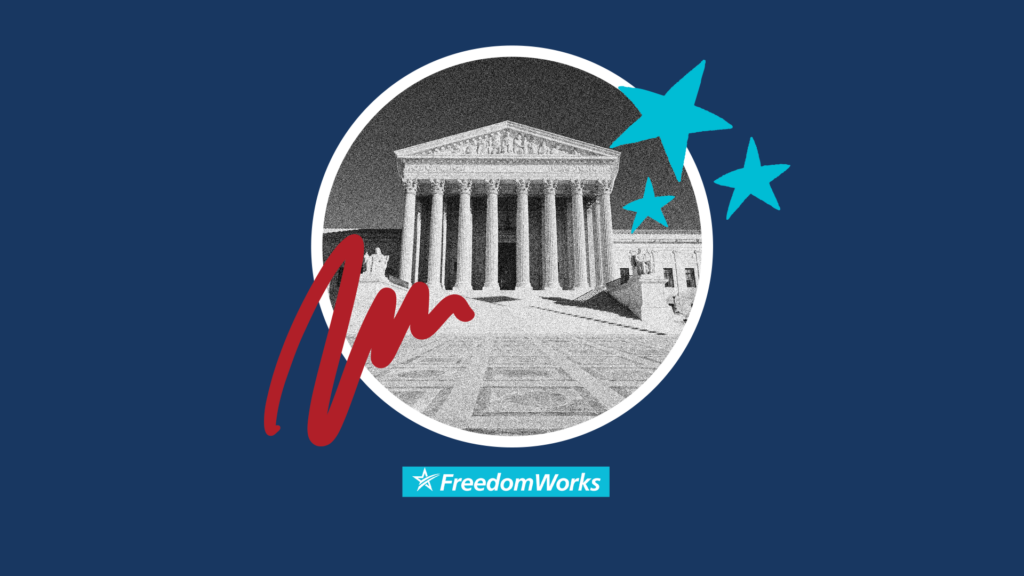Deterioration of the Legal System
When most people think of laws today, they think of legislation passed by Congress. Yet, the primary source of law that governs society today developed from common law. In a common law legal system, laws are developed by judges through decisions of courts and similar tribunals, rather than by legislation. A majority of the rules of contract law, tort law, property law, and criminal law evolved from common law, while legislation served to simply codify decisions or fill in areas not covered by case law.
Today, case law is secondary to statutory law set down by federal and state legislators. As a result, the United States is burdened with a massive amount of unnecessary legislation. Additionally, much of the legislative work is delegated to the administrative state, which is made up of agencies and departments staffed with unelected bureaucrats. Such agencies are located within executive branch departments, such as the Occupational Safety and Health Administration in the Department of Labor; executive agencies not actually located in any executive departments, such as the Environmental Protection Agency; independent regulatory commissions, including the Federal Communications Commission and the Federal Trade Commission; and some Cabinet-level departments, such as the Department of Health and Human Services and the Department of Education.[^1] There are dozens of these agencies, and as with all government, there is considerable overlap in their goals and activities.
The existence of these agencies violates the principles of the U.S. Constitution and is detrimental to the economy. In the republican form of government set up by the Constitution, citizens expect legislation to be written by their elected representatives, not by unelected bureaucrats. Yet, with the expansion of the administrative state, agencies outside of the political process are legislating through the promulgation of regulations that interfere with every aspect of life.
In addition to their executive authority, many agencies have judicial power as well, effectively undermining the separation of powers enshrined in the Constitution. Federal agencies are largely independent of presidential control and frequently have their own courts that undoubtedly rule in their favor. While the Constitution divides the government into three branches, the delegation of powers to independent agencies has led to the administrative state acting as an all-powerful “fourth branch.” The violation of the separation of powers leads to the deterioration of system checks and balances that are necessary to prevent tyranny of any one branch. Today’s administrative state is indisputably tyrannical with its increasing power and decreasing transparency.
In addition to violating the Constitution, our drift away from common law is damaging to society overall. It is impossible for central planners to create legislation that effectively governs on a universal basis due to the impossibility of collecting and organizing all of the information that exists throughout society. Partly as a result of this circumstance, legislators are more apt to bow to the interests of certain lobbying and special-interest groups at the expense of everyone else.[^2] Such legislation results in negative outcomes across society, but because of government propaganda and public ignorance or apathy, legislators are able to blame the problems on the market. Legislators then argue that the market is not regulated enough. Thus, the negative cycle continues as more legislation is passed, more “market failures” are created, and legislators continue to argue for more legislation to correct them.
As long as these independent agencies and departments exist, they will only expand their powers; a natural tendency of centralized government. Therefore, the only way to limit tyranny and protect individual rights is to roll back the administrative state and return legislative authority to Congress and to its rightful place as secondary to case law.
Follow Ashley Reaves on Twitter @AshleyPReaves
[^1]: Joseph Postell, Ph.D., "From Administrative State to Constitutional Government," The Heritage Foundation, December 14, 2012. http://www.heritage.org/research/reports/2012/12/from-administrative-state-to-constitutional-government
[^2]: Stephan Kinsella, "Legislation and Law in a Free Society," Ludwig von Mises Institute, February 25, 2010. http://mises.org/daily/4147




